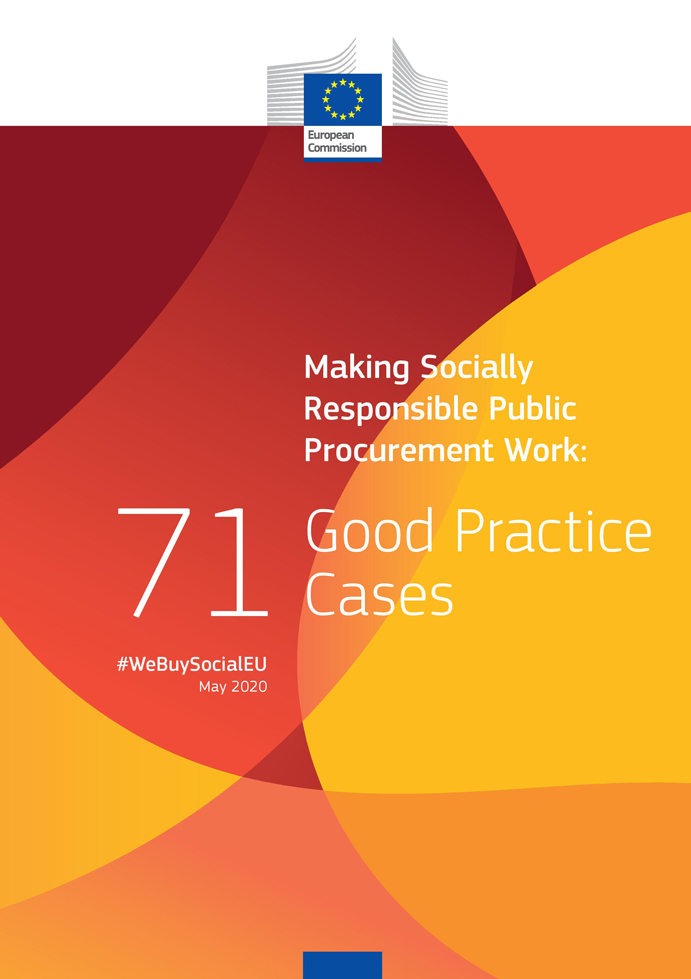ICLEI – Local Governments for Sustainability
In 2017, FŐKÉTÜSZ, Budapest’s public chimney sweeping company tendered for a cleaning service for its headquarters and other premises. Identifying the high levels of unemployment among Roma in Hungary – partly due to discrimination on the labour market –, the company decided to provide an opportunity for companies that employ Roma people to undertake this contract. Tenderers interested in the contract had to show that the number of Roma employees constituted 8% of the whole staff and that they had a cooperation agreement with a Roma public interest foundation. Furthermore, they had to commit to employ Roma people registered as disadvantaged people during the contract period.
This tender was the first of its kind in Hungary to include social considerations in its award criteria. Despite this lack of experience, FŐKÉTÜSZ achieved what it set out to do. The contract contributed to the social and professional integration of Roma people in Hungary, while FŐKÉTÜSZ received fully satisfactory cleaning services. Two years later, the company, owned by the municipality of Budapest, decided to apply similar social considerations when tendering for the provision of call centre services, which proved equally successful.
FŐKÉTÜSZ’ cleaning services tender is one of the many examples of Socially Responsible Public Procurement (SRPP) featured in the report ‘Making Socially Responsible Public Procurement Work: 71 good practice cases’ – #WeBuySocialEU. The report, published by the European Commission, aims to improve awareness and understanding of the potential of SRPP by showcasing how public procurers can achieve social outcomes in public contracts. The 71 case studies included in the report demonstrate correct bidding procedures and effective policies, and act as inspiration both for procurers and for operators in the social economy to stimulate replication across Europe.








